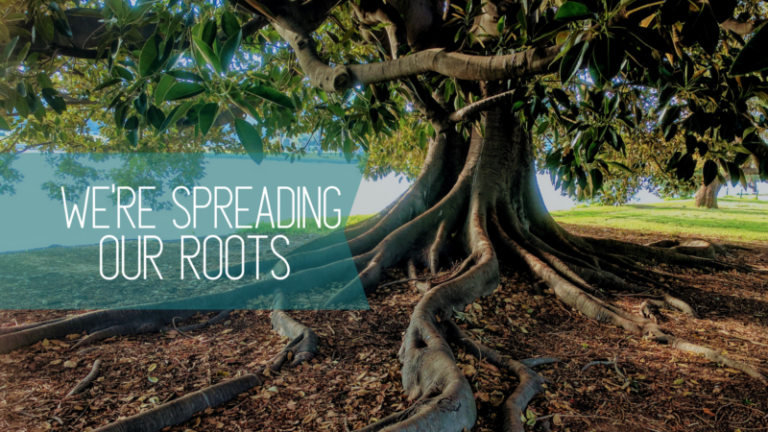With the rise in popularity of short-term rental platforms like Airbnb, many homeowners are considering the possibility of renting out their homes to generate extra income. However, before jumping on the bandwagon and listing your property on Airbnb, it’s important to carefully consider the pros and cons, legal considerations, financial implications, and safety measures involved. In this guide, we’ll explore everything you need to know before making the decision to use your home as an Airbnb rental.
Listing Your Home on Airbnb
Listing your home on Airbnb is a relatively straightforward process. You’ll need to create a detailed listing that accurately represents your property and its amenities. Start by setting the availability and pricing of your space, taking into account factors such as location, market demand, and competing listings. It’s important to be transparent about any limitations or unique features of your property, such as limited parking or nearby noise disturbances. By providing accurate and detailed information, you can attract the right guests and avoid any potential misunderstandings.
When it comes to pricing, consider the costs associated with hosting, including cleaning fees, utility bills, and Airbnb’s host fee. Take note of the booking fees that guests will pay, which are typically 6% to 12% of the total booking cost. Additionally, ensure that you meet Airbnb’s hosting standards, which include maintaining listing accuracy, effective communication with guests, honoring reservation commitments, providing a clean space for each guest, and offering basic amenities such as soap and toilet paper.
To make your listing stand out, consider professional photography to showcase your space in the best light. Highlight unique features, nearby attractions, and convenient amenities that will make your guests’ stay memorable. Cross-promote your listing on social media or your personal website to attract potential guests and increase visibility.
Legal Considerations and Taxes
Before listing your home on Airbnb, it’s crucial to familiarize yourself with the legal considerations and tax obligations in your area. Check if your property is subject to any homeowners’ association or co-op rules that may restrict hosting.
Additionally, research the local regulations and licensing requirements in your city or municipality. Some jurisdictions may require a business license or impose transient occupancy taxes, similar to those levied on hotels. Equally important, keep up with local changing laws. Recently in 2023, New York enacted new laws restricting AirBnB’s making it nearly impossible to become a host. Keep in mind that you’ll also need to report your Airbnb income for federal taxes, and you may be eligible for certain deductions, such as cleaning fees and insurance costs. Consult with a tax professional to ensure compliance with tax regulations and maximize your deductions.
Personal Safety and Security
While Airbnb provides some insurance coverage for property damage through its Host Protection Insurance, it’s essential to review your existing homeowner’s or renter’s insurance policy and ensure it covers renting out your property. Consider adding additional coverage to protect your property, possessions, and liability while hosting guests.
In terms of personal safety, take precautions to safeguard your belongings, especially items of high sentimental or financial value. Secure them in a safe place or remove them from the premises entirely. While it may not be feasible to conduct background checks on guests, you can enhance safety by reading reviews from previous hosts and accepting reservations only from guests who have completed Airbnb’s Verified ID process. Implement basic safety measures in your home, such as installing smoke and carbon monoxide detectors and addressing any potential trip or fall hazards.
Insurance and Liability
Apart from personal safety, it’s crucial to understand the insurance and liability implications of hosting guests in your home. While Airbnb’s host guarantee provides up to $1 million in insurance coverage for property damage in many countries, it does not replace homeowner’s or renter’s insurance. Review your existing policy to ensure it adequately covers your property, possessions, and liability while renting out your space. Consider discussing your hosting arrangements with your insurance provider to address any potential gaps in coverage.
Taking steps to minimize safety risks for guests not only protects your guests but also reduces the likelihood of being sued for any injuries that may occur on your property. Install safety features such as smoke detectors, carbon monoxide detectors, and effective lighting. Eliminate or clearly point out any potential hazards, such as uneven flooring or loose handrails. By prioritizing safety, you can provide a positive experience for your guests and mitigate potential liability issues.
Financial Implications and Considerations
Using your home as an Airbnb rental can have significant financial implications. On the positive side, it allows you to generate passive income by utilizing space that would otherwise be unused. However, there are also costs associated with hosting, including cleaning fees, higher utility bills, and the Airbnb host fee. It’s important to factor in these expenses when determining your pricing strategy and evaluating the profitability of hosting.
Another consideration is the potential impact on future refinancing. While hosting on Airbnb does not necessarily preclude you from refinancing your mortgage, it may affect the interest rate you qualify for. Not all lenders accept Airbnb-generated income, which means it may not be counted towards your total annual income or debt-to-income ratio. Additionally, renting out your property, even on a part-time basis, may classify it as an investment property, subjecting it to higher interest rates. However, some lenders, such as Better Mortgage, Citizens Bank, and Quicken Loans, now accept Airbnb income for refinancing applications, providing more options for hosts.
Conclusion
Renting out your home on Airbnb can be a rewarding and lucrative venture, but it requires careful consideration of the legal, financial, and safety aspects involved. By thoroughly understanding the legal obligations, ensuring proper insurance coverage, prioritizing personal and guest safety, and evaluating the financial implications, you can make an informed decision about whether using your home as an Airbnb rental is the right choice for you. Remember to consult with professionals, such as tax advisors and insurance agents, to ensure compliance with regulations and protect yourself and your property. With proper planning and diligence, hosting on Airbnb can provide a valuable source of income while offering unique and memorable experiences for your guests.












